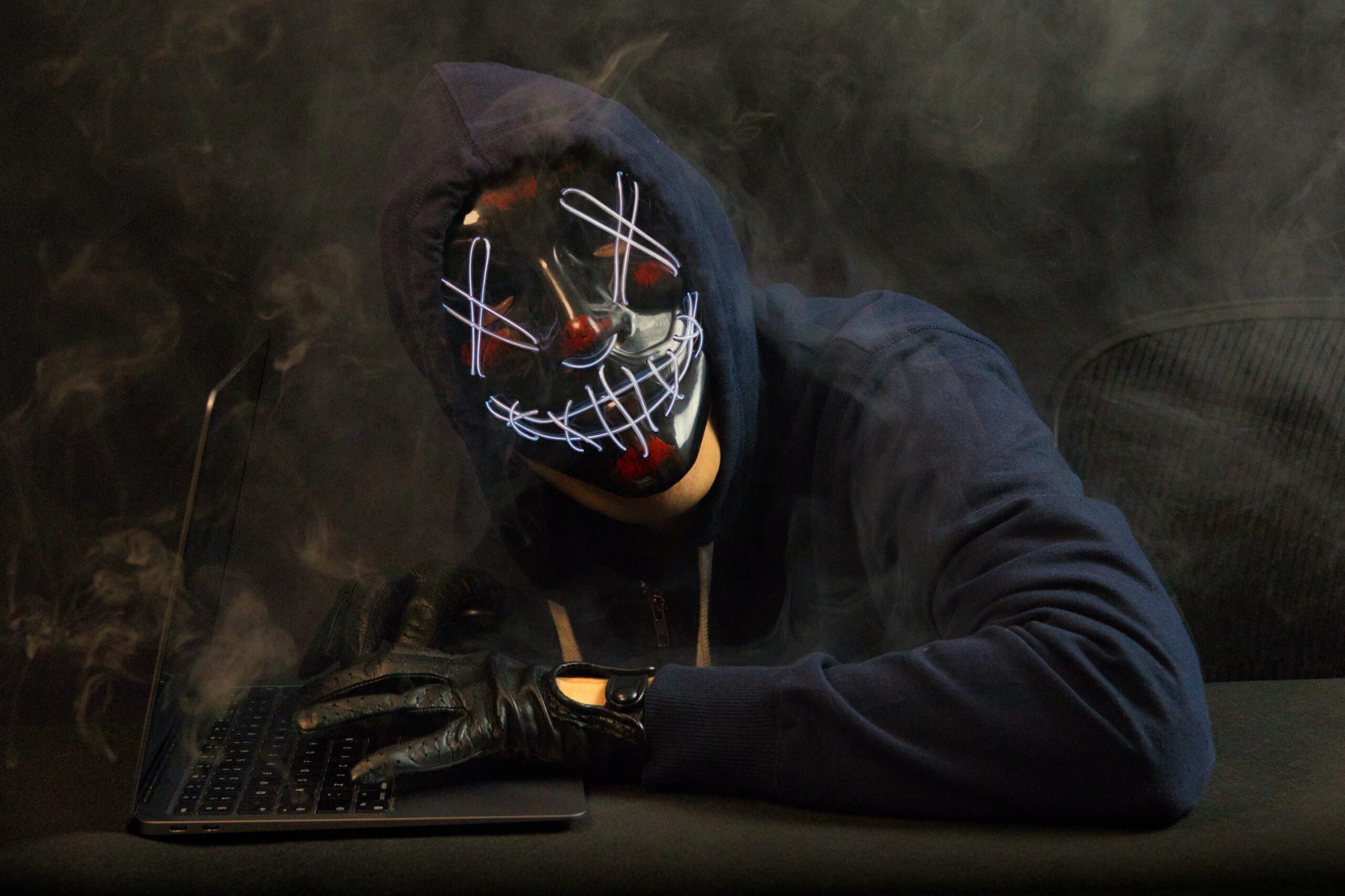How to avoid getting hacked on your social media accounts

Social media has become a ubiquitous part of our lives, connecting us to friends, family, and the world at large. Unfortunately, this also makes social media a prime target for hackers and cyber-criminals. The consequences of having your social media account hacked can range from the mildly inconvenient to the devastatingly catastrophic, depending on the nature of the hack and the amount of personal information that was compromised.
To help you avoid getting your social media accounts hacked, we’ve put together some tips and best practices for keeping your accounts safe and secure.
- Use strong, unique passwords
One of the most important things you can do to protect your social media accounts is to use strong, unique passwords for each account. This means using a mix of letters, numbers, and symbols, and avoiding commonly used words or phrases. It’s also a good idea to avoid using the same password for multiple accounts, as this can make it easier for a hacker to access all of your accounts if they manage to crack your password.
- Enable two-factor authentication
Two-factor authentication (2FA) is a security feature that adds an extra layer of protection to your social media accounts. With 2FA enabled, you’ll need to provide a second form of identification in addition to your password, such as a fingerprint, face scan, or verification code sent to your phone. This can make it much more difficult for a hacker to gain access to your account, even if they manage to obtain your password.
- Be wary of phishing scams
Phishing is a type of online scam in which a hacker tries to trick you into giving them your login credentials or other personal information. This can be done through fake login pages or links that look like they come from a legitimate source. To avoid falling victim to phishing scams, be wary of any unsolicited emails or messages that ask you to provide personal information, and always double-check the URL of any login pages or links before entering your login credentials.
- Keep your software up to date
Keeping your software up to date is important for staying protected against known security vulnerabilities. This includes not only your social media apps and websites, but also your operating system, web browser, and any other software that you use to access social media. Make sure to install updates and patches as soon as they become available, as these often contain important security fixes.
- Limit the amount of personal information you share
The more personal information you share on social media, the easier it can be for a hacker to gain access to your accounts or impersonate you online. To minimize your risk, limit the amount of personal information you share on social media, especially information that could be used to guess your passwords or answer security questions, such as your birth-date, hometown, or pet’s name.
- Be cautious when using public Wi-Fi
Public Wi-Fi networks can be a hotspot for hackers, as they are often unsecured and vulnerable to man-in-the-middle attacks. To avoid putting your social media accounts at risk, be cautious when using public Wi-Fi, and avoid accessing sensitive information or logging into your social media accounts on public networks whenever possible.
In conclusion, the security of your social media accounts is critical to protect your personal information and digital identity. By following these tips and best practices, you can help ensure that your social media accounts remain safe and secure. Remember to use strong, unique passwords, enable two-factor authentication, be wary of phishing scams, keep your software up to date, limit the amount of personal information you share, and be cautious when using public Wi-Fi. Stay vigilant, and stay safe!
Phil is the owner and principal designer and developer at All Saints Media. He has been in the industry for over 20 years and enjoys working with clients from a variety of industries.
Phil is a 1995 graduate of Cedarville University. He has a Bachelors in History. He received his Masters in Biblical Studies from Antietam Bible Seminary in 2007. Along with being a web and graphic designer, Phil is the senior pastor at First Baptist Church of Brunswick, MD.
Phil is married, and is the father of 5 beautiful children.

